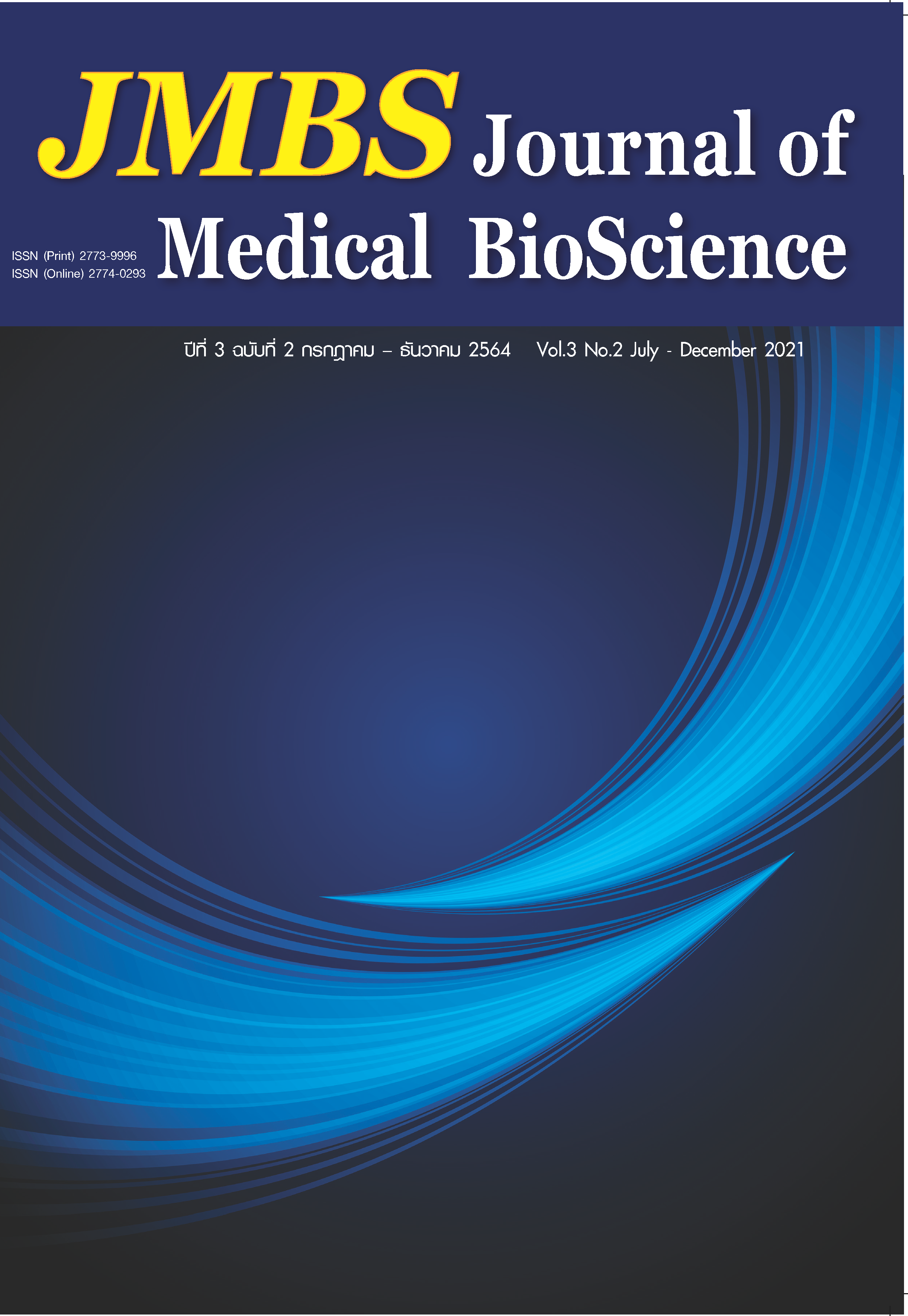Mobile surgical team
Abstract
Background: Quality of surgical services is attributed to comprehensive services with an adequate surgeon as well as the cost-effective use of resources. There is a lack of surgeon in the upcountry of Sisaket, leading to increase the number of patients referred to center hospital. Waiting times were more than 3 months. The concept was to create Mobile Surgical Team for providing services in country’s first network hospital.
Objective: To assess its effectiveness of mobile surgical team both quantitatively and qualitatively.
Methods: The information was collected from mobile surgery services between 2015 and 2021 using context, input, process, and product (CIPP) model. The project was assessed by questionnaire with a confidence value of 0.94 (Alpha of Cornbach) by 3 experts, including assessment of patient’s satisfaction and cost of logistic. Data were analyzed using descriptive statistics.
Results: There were 587 elective surgery patients. Five network hospitals have been serviced and developed. Three more specialties have been expanded. Forty patients’ satifaction was at the highest level. The cost of patients’ logistic was 1,628.50 baht per visit and a total value of 955,929.50 Baht. Sixty-nine teams’ satisfaction showed a high level. Team is required to learn more and suggested to provide more service.
Conclusion: Mobile surgical team has developed a surgical service system for the public to have access to comprehensive services in a variety of necessary procedures and should be further developed to fulfill all dimensions. People are enabled to access services quickly and safely in accordance with the WHO sustainable health system.






